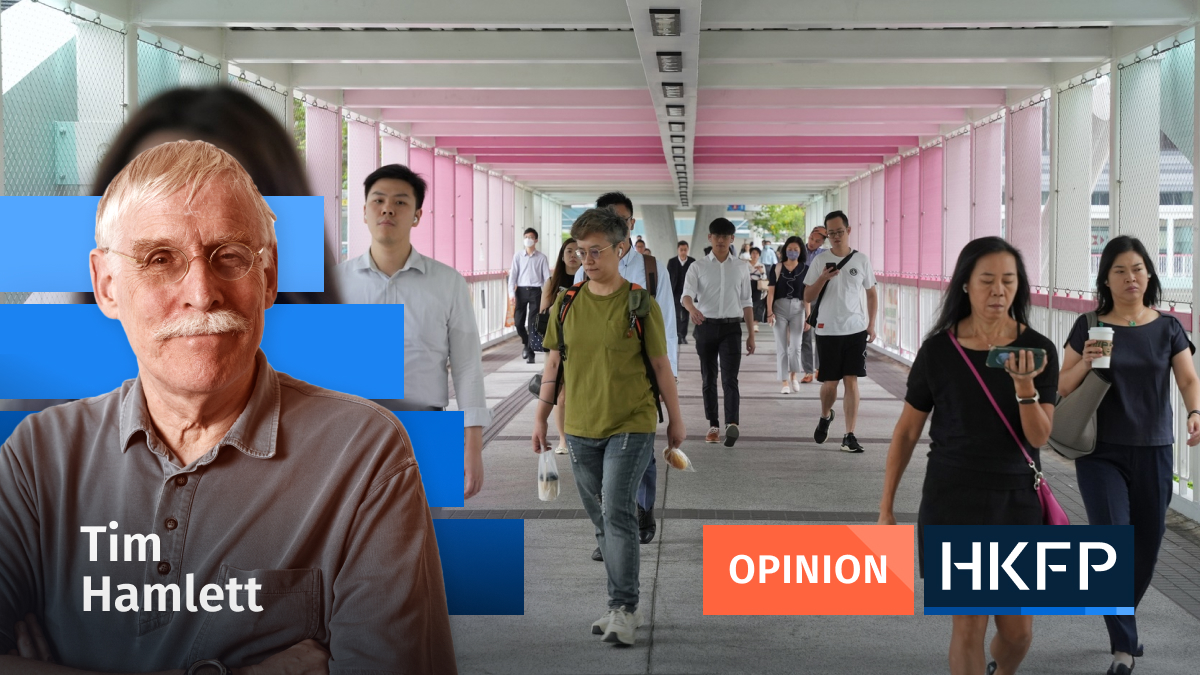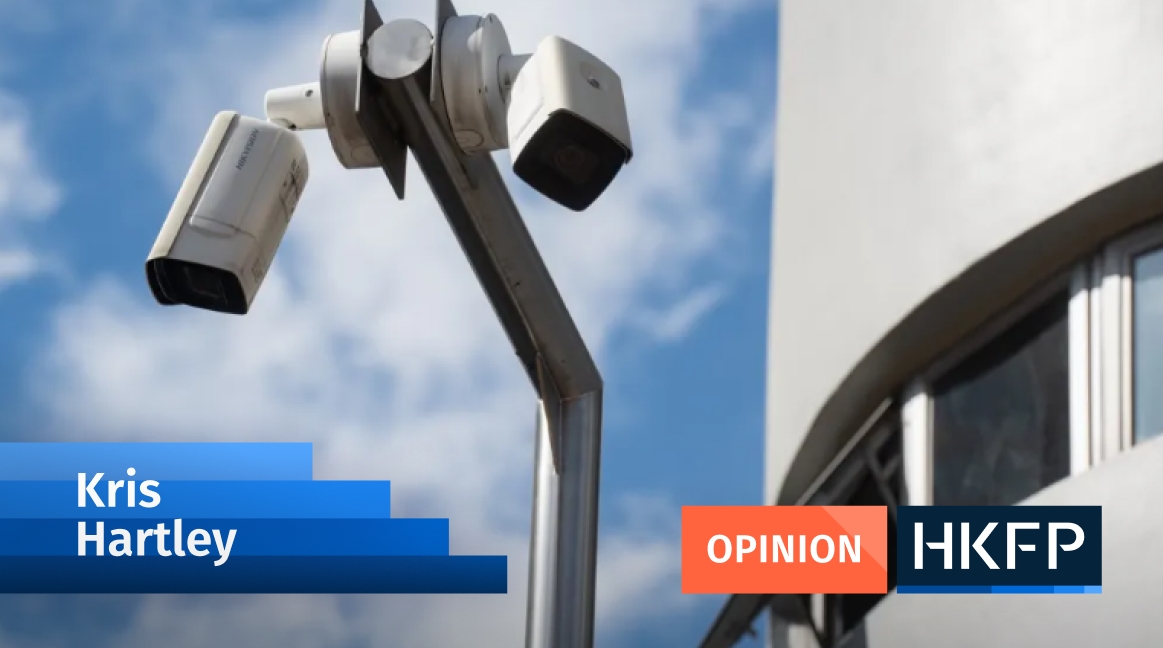The national security law, drafted in Beijing without any input from Hong Kong, was rapidly enacted just over two years ago, now it is being reinterpreted because of fury in Beijing that the SAR’s courts had the temerity to uphold a fundamental tenet of the Basic Law (Article 35) which allows citizens to be defended by a lawyer of their own choice.
See also: Interpretation will help bolster Hong Kong’s national security
The citizen in question is the publisher Jimmy Lai, seen as Public Enemy Number One by Beijing and its Hong Kong satraps. His choose a British barrister who by precedent and law has every right to be heard in a Hong Kong court.

Beijing had the option, which indeed was used by the local government, of depriving the lawyer of a work permit, which is troubling enough but it decided to go further and gave the Chief Executive authority to decide in which cases a fundamental right enshrined in the constitution, can be overruled by citing national security concerns.
But Beijing went even further, adding an even more all-embracing edict giving the Committee for Safeguarding National Security (CSNS) power to decide which issues involve national security.
In so doing, contempt for rule of law was exposed. When changing fundamental laws for reasons of expediency becomes the norm, an astonishingly damaging blow is delivered to the legal system.
Beijing started this process within two years of promulgating Hong Kong’s mini constitution, the Basic Law. Instead of openly admitting that the law was being changed the euphemism of “interpretation” was brought into play. Let’s be clear the word interpretation in these circumstances means amendment.
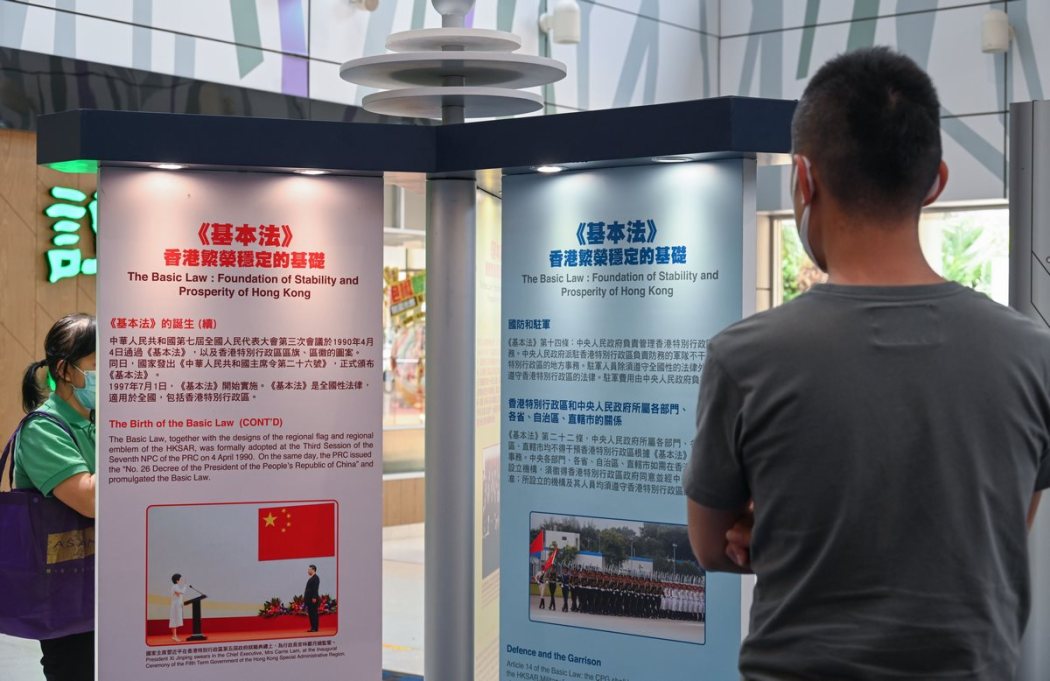
Were this no more than a linguistic quibble it would matter little. But the reality is that the Basic Law has been amended five times, undermining the SAR’s promised autonomy. In three of the five instances the interpretations were specifically designed to overturn decisions of Hong Kong courts.
If anyone is deluded enough to think that amendments to the law are only a problem for political opponents, they should recall the 2011 “interpretation” of the Basic Law in a case involving a US creditor trying to claim repayment of a debt incurred by a Chinese state corporation in the Congo.
The Hong Kong court ruled that the Congolese government could not claim diplomatic immunity to avoid liability for this debt. This ruling reassuringly appeared to confirm Hong Kong’s status as an international business centre where a robust legal system was underpinned by an independent judiciary.
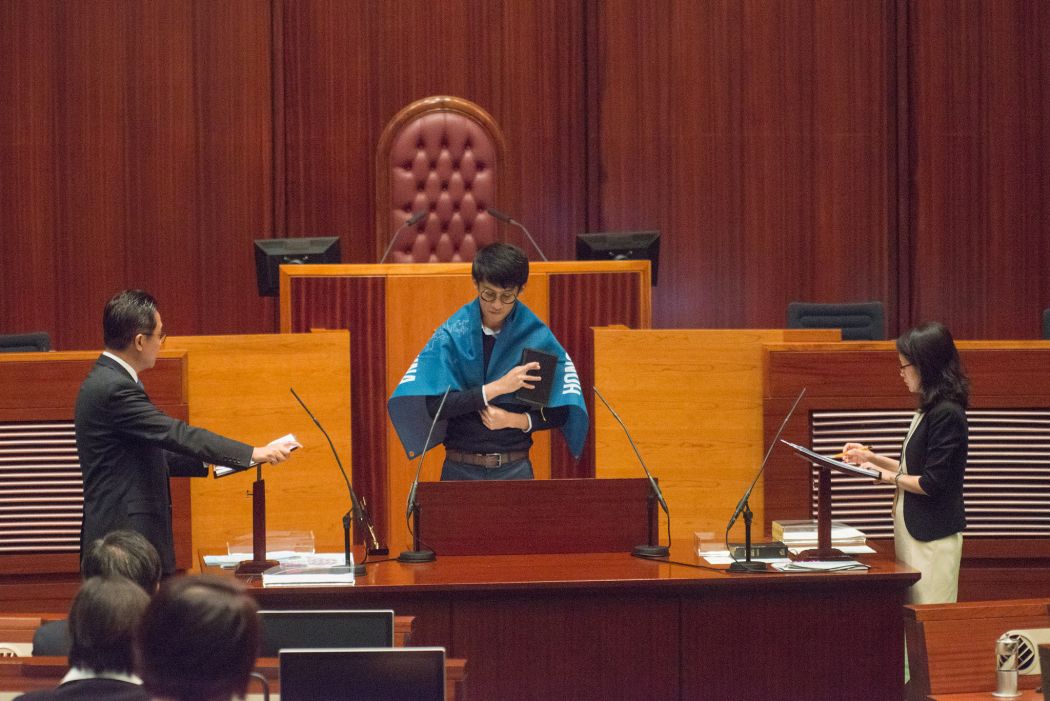
However, Beijing quickly undermined this reassurance by issuing an “interpretation” of the Basic Law to insist that because the national government had responsibility for foreign affairs in the SAR, overseas state entities have the right to diplomatic immunity.
If the Basic Law can be amended to step into business disputes, there can be little doubt that the Committee for Safeguarding National Security will find opportunities to decide which business disputes involve national security so as to ensure that Chinese state interests are protected.
Beijing has also chosen to use the sledge hammer of constitutional amendment to override the courts for reasons of short term expediency even over relatively simple matters such as lawmakers’ oath taking (2016) which could have been dealt with by a far less draconian amendment to the rules and procedures of the Legislative Council.
What is not at issue is whether laws are capable of amendment. But, and this specially applies to constitutional laws, the laws themselves are demeaned when constitutional reform becomes an arbitrary process.
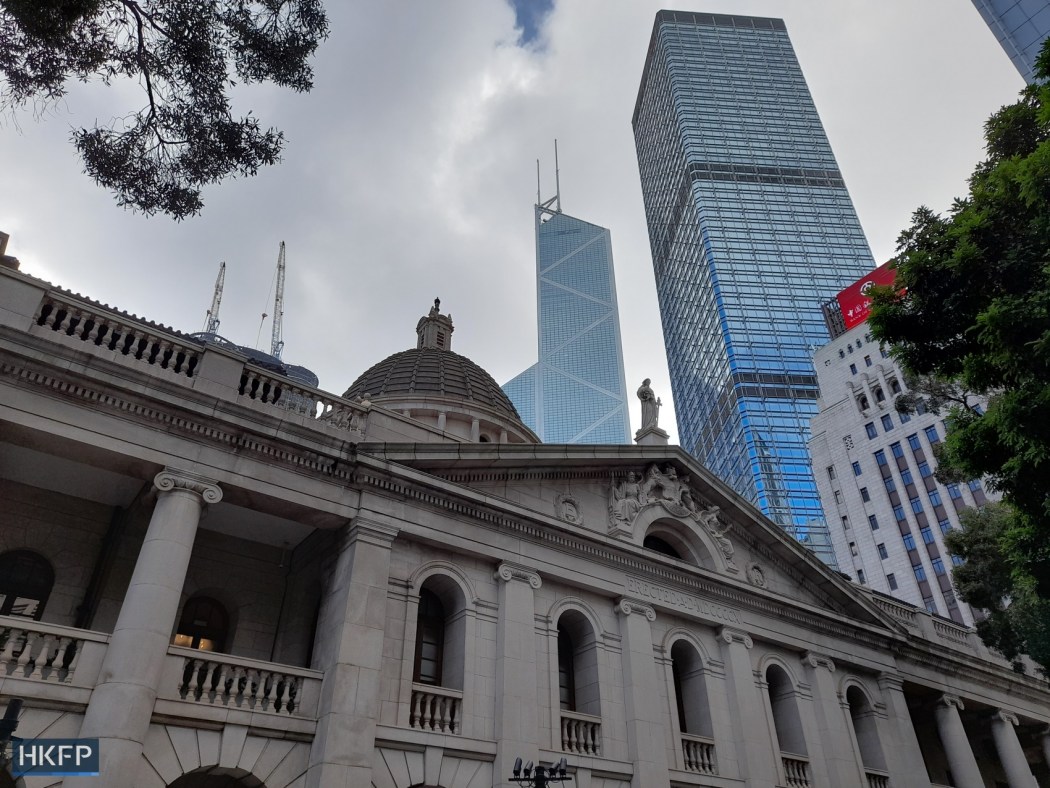
In societies where democratic government prevails, constitutional change requires consultation, public participation and lengthy debate, reflecting the seriousness of this kind of reform.
It is probably too much to hope for a process in today’s Hong Kong. Moreover, what hope lingers for real meaning to be given to Article 2 of the Basic Law, which grants the SAR “a high of degree of autonomy.” Beijing no longer makes any pretence of consulting the local government on a whole array of matters affecting the region’s internal affairs.
What matters is what always matters: who holds the keys to power and how this power is exercised. There is no need to speculate over how Beijing regards the rule of law and how it sees the operation of the legal system as the Communist Party has pronounced on this matter.
The Plan on Building the Rule of Law in China, promulgated by the Communist Party’s Central Committee in 2018 makes clear that the Beijing leadership is focused on achieving “socialist rule of law with Chinese characteristics.” The plan specifies 2035 as the target for the completion of this process. The aim is to use the law as a political instrument to make the state more efficient and to reduce the arbitrariness of how the law is applied. The plan specifically rules out the concept of an independent judiciary.
People in Hong Kong should have paid much more attention to previous important Party pronouncements. For example, it is now clear that we should all have studied more carefully the 2014 State Council white paper on Hong Kong which in many ways spelt out what Beijing had in mind for the future of the SAR, including all that has flowed from the implementation of the national security law.
Support HKFP | Policies & Ethics | Error/typo? | Contact Us | Newsletter | Transparency & Annual Report | Apps
| HKFP is an impartial platform & does not necessarily share the views of opinion writers or advertisers. HKFP presents a diversity of views & regularly invites figures across the political spectrum to write for us. Press freedom is guaranteed under the Basic Law, security law, Bill of Rights and Chinese constitution. Opinion pieces aim to point out errors or defects in the government, law or policies, or aim to suggest ideas or alterations via legal means without an intention of hatred, discontent or hostility against the authorities or other communities. |
Help safeguard press freedom & keep HKFP free for all readers by supporting our team

More HKFP OPINION:
HKFP has an impartial stance, transparent funding, and balanced coverage guided by an Ethics Code and Corrections Policy.
Support press freedom & help us surpass 1,000 monthly Patrons: 100% independent, governed by an ethics code & not-for-profit.





